When disaster strikes, will you be ready and prepared? Here are the top 13 important things a new prepper should take care of.
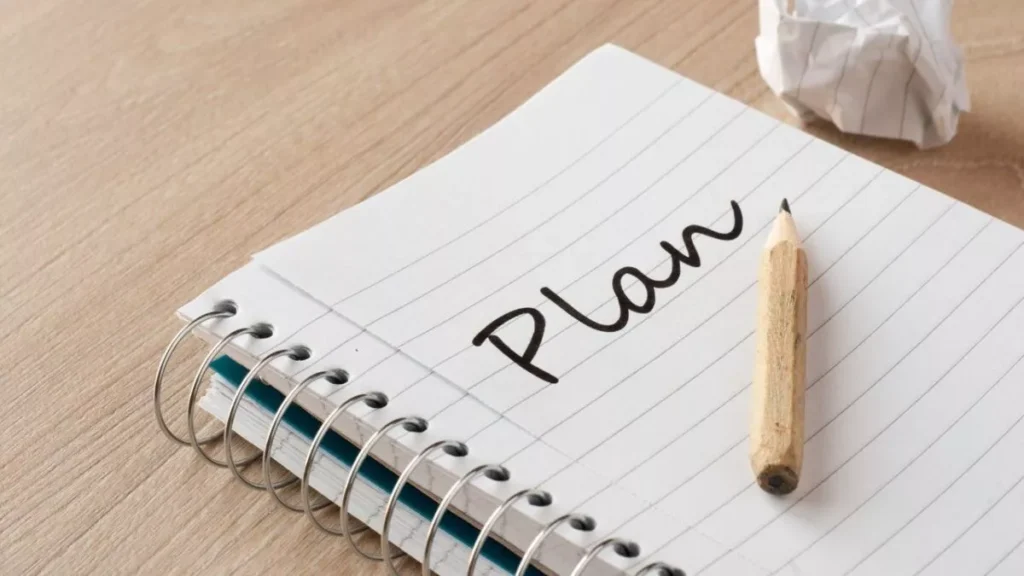
Prepping poses a challenge that seems insurmountable for most beginners, and maybe you too.
Everyone wants to be prepared for almost all situations without losing focus.
But no master has fallen from the sky, not even in prepping .
That’s why it’s important, especially for beginners, to follow a clear guide.
I want to offer you this guide today.
In the following article the common question “What should I be prepping for as a Prepper Newbie” will be answered.You will learn 13 things that you should definitely consider or do as a Prepper newbie so that you are always well prepared:
1. Know Your Situation
This point must be mentioned first, since almost everything that follows must be made dependent on this factor.
It is obvious: if you want to prepare yourself, you must of course know what you are preparing for.
Depending on where you are on this earth, the circumstances and risks in relation to an emergency are different. So you should prepare for exactly the scenarios that are most likely in your latitude.
If you live in the middle of a big city in Eastern America, you will probably not be a victim of hurricanes, floods or similar factors.
The scenario of a power failure or a bitterly cold winter without heating would be more likely.
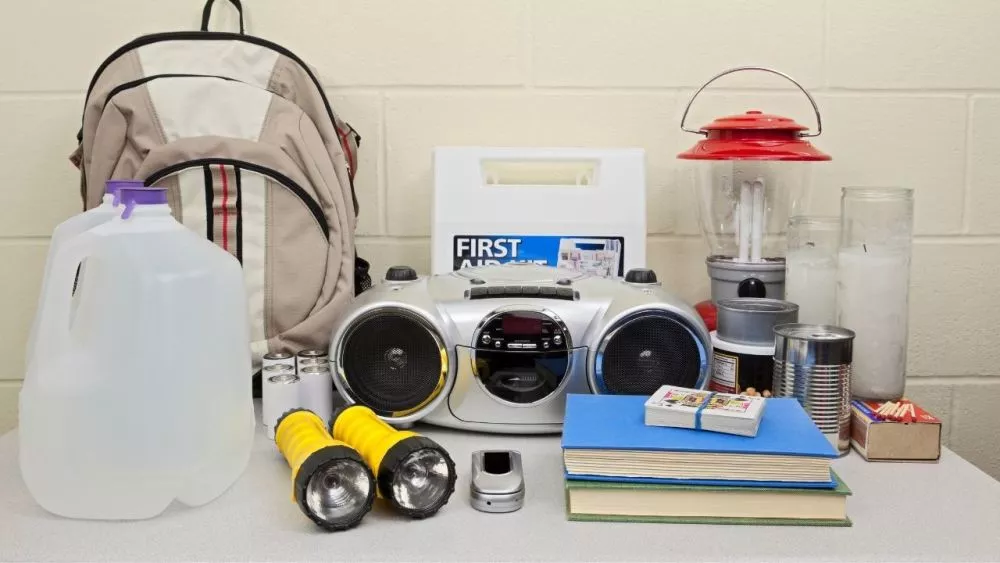
In 2022, many people were particularly worried that they would have to look for alternatives to gas heating .
So before you even start planning, you should reflect on your own situation and ask yourself the following questions:
- Which scenarios are likely in my environment and which are unlikely?
- What infrastructure is around me?
- Do I only have to take care of myself or also others, like family members?
- To what extent do I want to be prepared and for what periods of time?
In plain language this means: The more information there is, the better you can prepare.
Don’t rush into prepping, act wisely.
Note: Take a look at the top list of the most popular products that preppertidbits.com visitors regularly buy. Status as of (February 22, 2025)
| LifeStraw ® Personal Water Filter | Buy on Amazon |
| Light my Fire Ferro Rod Fire Starter | Buy on Amazon |
| REXBETI Folding Saw | Buy on Amazon |
| Morakniv Companion Outdoor Knife | Buy on Amazon |
| Bushcraft 101 – Wilderness Survival | Buy on Amazon |
2. Check Your Inventory
To know what you need, you should first check what you already have.
So rummage through your supplies and utensils that you consider essential so that you can get an idea of what you still need.
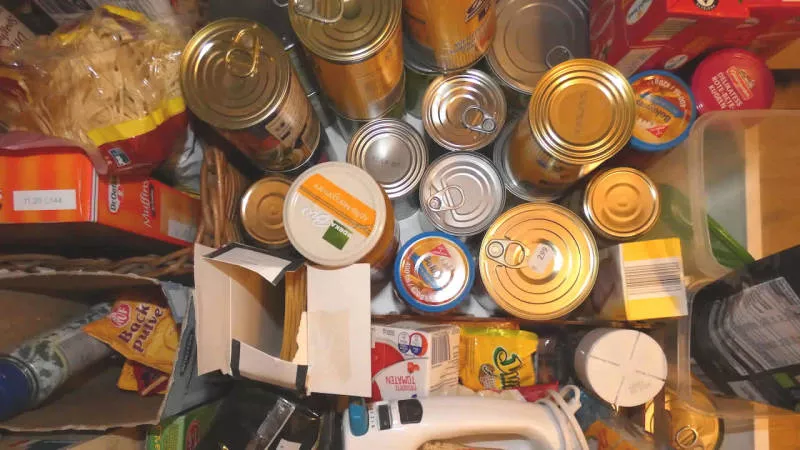
If you have canned food for 3 months, but would like to be equipped with it for 6 months, you should of course make adjustments here.
However, if you already have canned food for 6 months, you can use the funds provided for this elsewhere.
It is best to draw up a list in which you record the target and actual stock of your inventory so that you don’t forget anything and always have an overview of what you already have in stock and what is needed in the long term.
Especially in the later course of your prepping career, you will be grateful for any written information that you can use for orientation if necessary.
Also read: Prepper List 2022: Everything You Need To Survive
3. Set Priorities
In the previous step, you recorded what your inventory currently has and what you still need.
First of all, you should be clear about what you really need urgently!
To do this, refer to the questions you answered in the first chapter and go through them again responsibly and carefully.
In plain language this means: Delete everything that is not necessary and set priorities!
So order and number your prepared list according to urgency. What you really need urgently gets number 1.
Next comes 2, 3, 4, 5, etc. The less urgently you need something, the further down the sequence of numbers it moves.
Most new preppers find it very difficult to focus on specific inventory, believing that everything is equally important.
If you take your time, you will find that this is not true.
Suppose you are facing a hard winter without heating and electricity, but you have enough supplies: How do you best use your resources such as financial means and storage space?
All the groceries won’t do you any good if you don’t have a way to withstand the cold.
Don’t misunderstand me: Of course, precautions must be taken. I know prepping can be tempting. Don’t forget, however, that the means are not infinite here either.
4. Clean Containers And Fill Them With Water
As you can imagine, water is one of the most important aspects of prepping.
You need it to drink, for cleaning purposes or for cooling. So take old bottles or containers, clean them and fill them with water. Also pay attention to how long you can store water .

The more water you have on hand, the better. If you have room in your fridge, place some of the containers there.
In the event of a power failure, the chilled water also ensures that the temperatures in your fridge stay low for longer.
5. Prepare An “Escape Backpack”.
Every newbie to Preppers should have an escape backpack or pack ready (read my in-depth guide to the escape backpack here ).
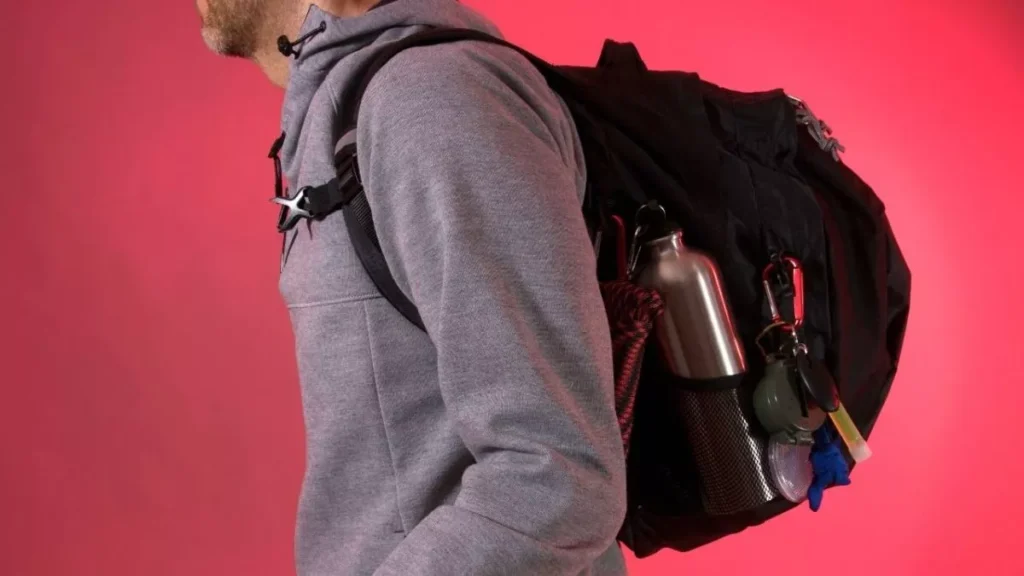
Unforeseen scenarios such as natural disasters or wars can make it necessary to act quickly, for which there is not much preparation time.
So have your escape pack ready, which will allow you to reach the next safe haven unscathed. Ideally, it will contain rations for at least 24 hours and some tools.
Aids primarily mean communication and orientation aids such as radio, walkie-talkie, flashlight, map and compass. Pocket knives, hand axes and other tools also do their job.
If you are still unsure about the escape backpack and you need a few useful tips and tricks, you can find them here: Tactical Bug Out Bag Essentials .
6. Keep A 72-hour Supply Ready
Basically, you should make sure you always have a 72-hour supply of everything you need to survive.
This includes supplies of water, food, medicine and other supplies.
In this way, you can survive exceptional situations such as short-term supply bottlenecks due to natural disasters or other scenarios – such as curfews – without any major problems.
7. Make A Note Of Important Contacts
Yes, I know: nowadays everyone has a smartphone on which all contact data is stored.
The problem: in the worst case, the battery fails or the device breaks. Very few will then be able to remember all the important numbers.
For this reason, you should take precautions and write down all numbers that are important in the event of an emergency.
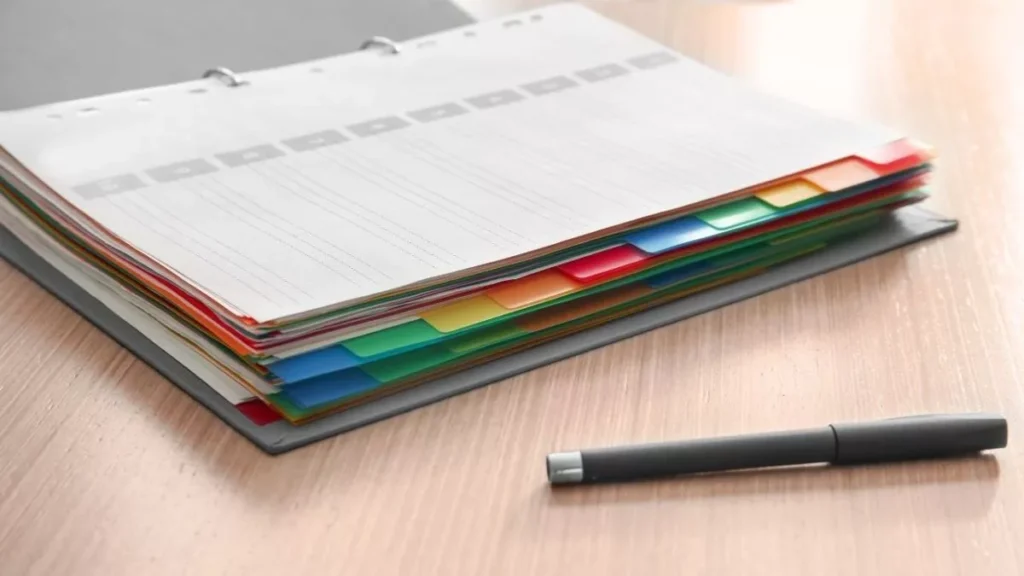
These include, for example:
- Family members’ numbers
- Numbers of reliable friends and acquaintances
- Contact details of gas, water and electricity supply
- Statutory and private insurance
- Important contacts who are outside the “danger zone”, i.e. your immediate environment
It is important that not only do you have this list, but that it is also distributed to family members and other partners. In this way, everyone involved is able to keep in touch in an emergency.
8. Create Pocket Cards Of Important Information
“You can’t know everything, you just have to know where it is”.
There’s a lot of truth in that sentence.
How long has it been since your last first aid course? In an emergency, could you say exactly what to do? Do you remember the Heimlich maneuver or cardiopulmonary resuscitation?
If not, that’s not a bad thing at all. If you’re not working in the medical field, you won’t come into contact with it too often. So create small pocket cards that provide you with just such information at the right moment.
To remind you again: The Heimlich maneuver is a life-saving emergency measure that is often used when there is a risk of suffocation. The right hand grips are particularly important here: Heimlich hand grip .
For example, make a note of which medication helps against which condition, which alarm signals have what meaning, and emergency contacts.
All the information you might suddenly need will help you here.
9. Learn Skills You Need To Master In An Emergency
In today’s luxury, people are used to having everything done for them.
Hardly anything that our ancestors had to do laboriously by hand still requires our active involvement.
For this reason, you should acquire exactly such skills again. This includes things like:
- Make tools yourself (e.g. by carving, a mallet )
- Hunting and building traps
- Angling and fishing techniques
- Natural history (which berries/plants/shrubs are edible or otherwise usable? Read my detailed guide to emergency food )
- Principles of Bushcrafting
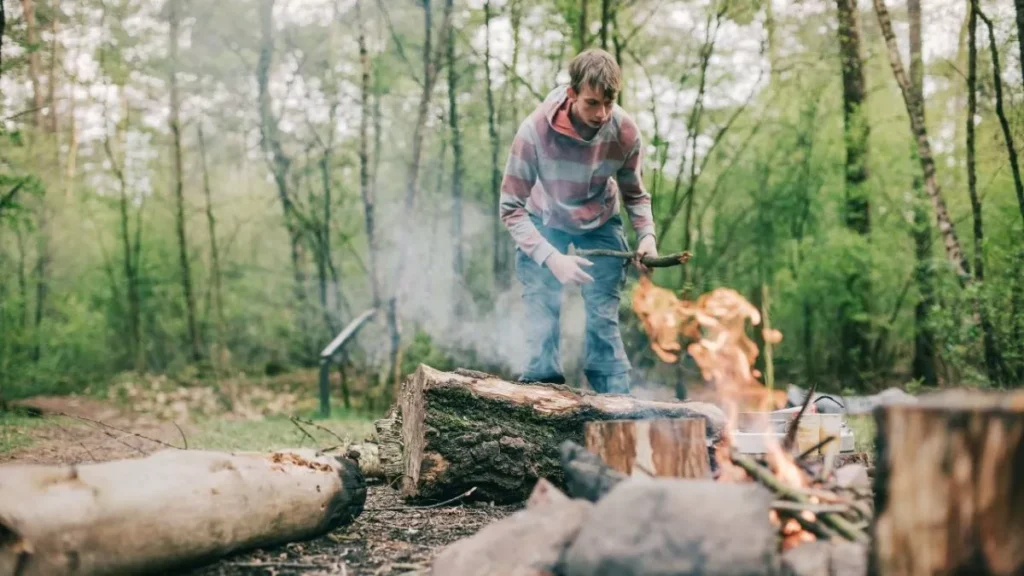
Imagine if all your current luxuries were taken away from you and you have no choice but to survive in the wilderness.
All the preparation at home will do you no good if you are not able to ensure your survival in adverse conditions outside your four walls.
10. Know Your Household’s Energy Supply
Can you tell where the fuses are in your home? Where can gas and water be turned off? Are special tools required for this?
If you haven’t got a clue about it by now, then it’s time to make adjustments.
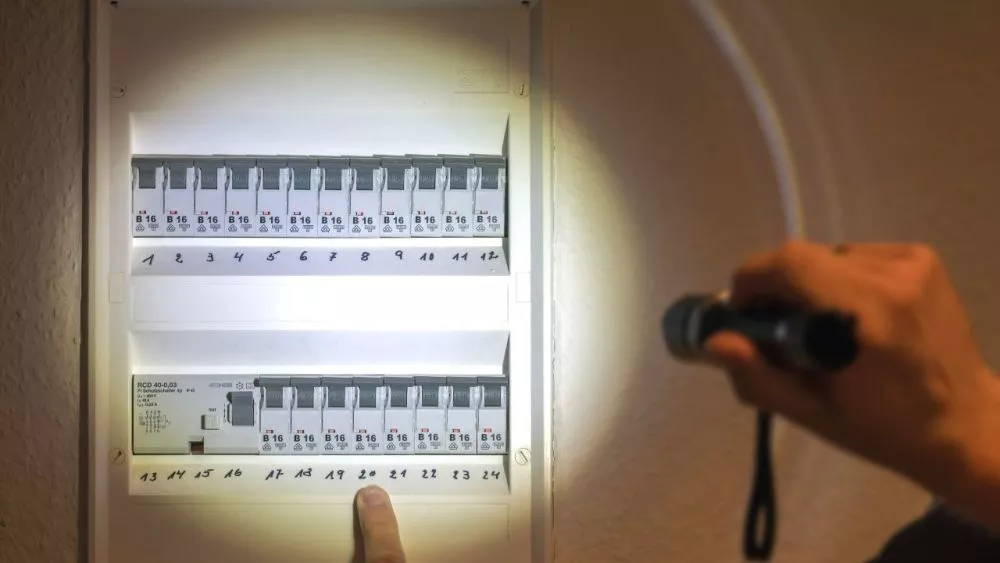
What resources does your house or apartment use to supply energy?
Again, the more you know, the better prepared you are for any eventuality.
You can equip yourself with small power banks or with a solar generator, such as the Wen 56200i . Even small solar panels will help you to bridge a blackout.
11. Ensure Constant Functionality Of Your Security Apparatus
If you have an alarm system, surveillance cameras, fire alarms, fire extinguishers or other security and fire protection equipment in your home, you should make sure that everything stays in working order.
So check everything!
If necessary, change batteries or swap out equipment. There’s nothing worse than relying on your own equipment in an emergency, but it just can’t do the job.
In general, make sure that all the tools you use always work.
12. Initiate And Practice With Family Members
Since you naturally also want to protect your loved ones, you should share your knowledge with them.
After all, they should also be able to survive exceptional situations unscathed.
Practice here means, for example, that you talk to your children about what to do in an emergency. Carry out a small “test alarm” and practice all the necessary processes with them in a playful way.
Where are the emergency exits or meeting points? What should you take with you if you escape? Which hiding places are suitable? The more your loved ones know, the better they can act.
13. Don’t Let Fear Guide You
The last tip I have for you is perhaps the most important.
Even if you prepare for exceptional situations, you should not fear them every day.
Not infrequently, preppers lose themselves in their preparations and stop living fulfilled lives.
Always take care of your physical and mental health so that you are ready for action if the worst comes to the worst.
This also means that you shouldn’t cause yourself unnecessary stress by prepping, which will make you unable to act afterwards or even cause you to panic .
Live consciously, stay realistic and well prepared. Do not fall into a permanent state of alarm.
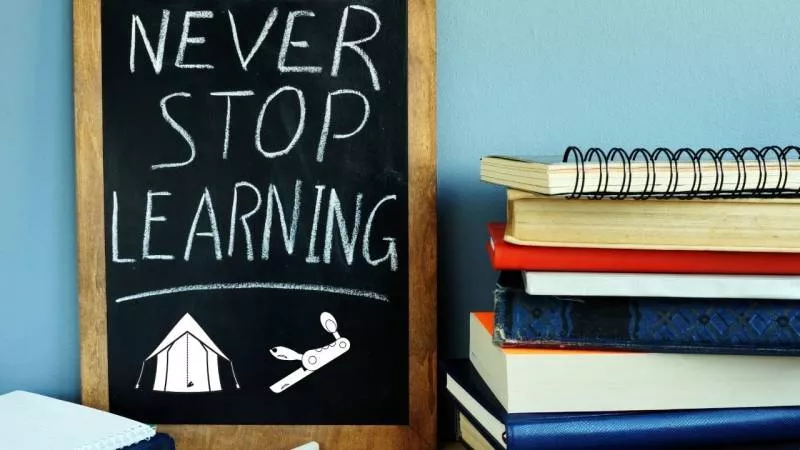
Conclusion: A Common Thread In Prepping Is Essential
Especially at the beginning of your journey, Prepping may seem like a flood of information and challenges for you.
Over time, however, you will find yourself and know what is important to you.
The points mentioned in the article are not intended to be operating instructions that you have to obsess over.
They serve much more as a common thread that you can use to orient yourself independently at any time.
You will find that the implementation differs greatly from prepper to prepper.
In order for you to find your way, however, you also have to walk it.
So grab it now, organize everything you need and start with the first 13 things a new prepper should do.
Question AND Answers (Q&A) On The Topic
Is it OK to be a prepper?
Those who prepare for any and all eventualities are the wisest of souls; being forearmed against the unexpected has the potential to dramatically reduce the impact of any emergency or disaster. Being a prepper is an intelligent and proactive approach to life, embracing the notion that change is inevitable.
What should I buy first when prepping?
If you’re a prepper just starting out, your essential items should include water reserves, emergency food, first aid kits, hygiene products, and sanitation supplies. These evergreen products are key for any preparedness plan.
What percentage of people are preppers?
It’s estimated that 15 million Americans have jumped on the prepping bandwagon. That’s roughly 10% of households – an impressive leap from the mere 2-3% just a few years back.
How long does it take to prep for doomsday?
Swiftness and resilience are paramount these days; most modern authorities agree that you ought to be ready with a minimum of two weeks’ worth of supplies in the event of any eventuality. Some organizations, such as the Red Cross, have gone even further – they suggest having a three-day stockpile in the event of an evacuation, and a two-week reserves for your home.
![Should I be Prepping [currentyear] ? 1 Should I be prepping](https://preppertidbits.com/wp-content/uploads/2022/12/Should-I-be-prepping--768x432.png)